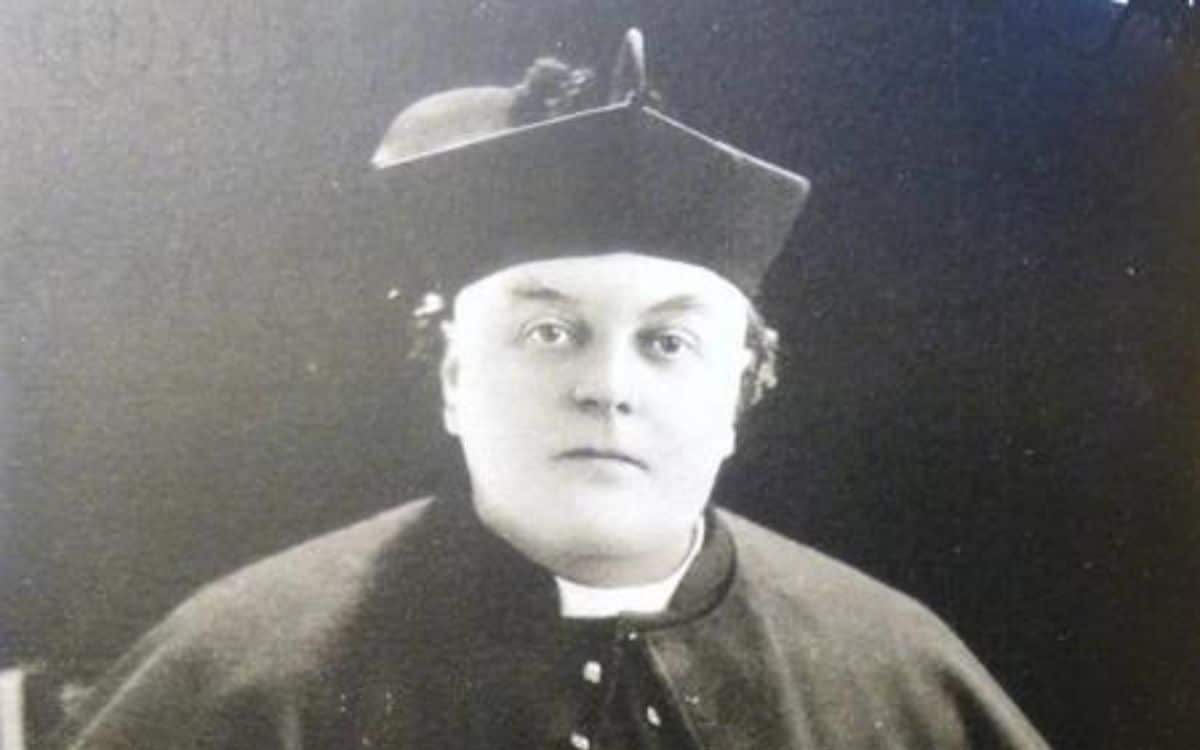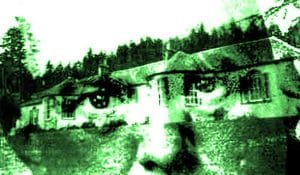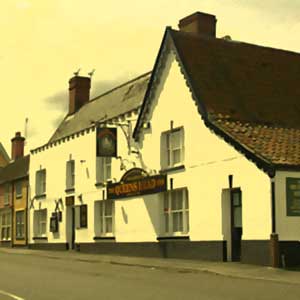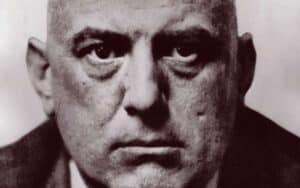Montague Summers was an English author, clergyman and teacher who became well known for his interest in the occult. Here are some facts about his life and work.
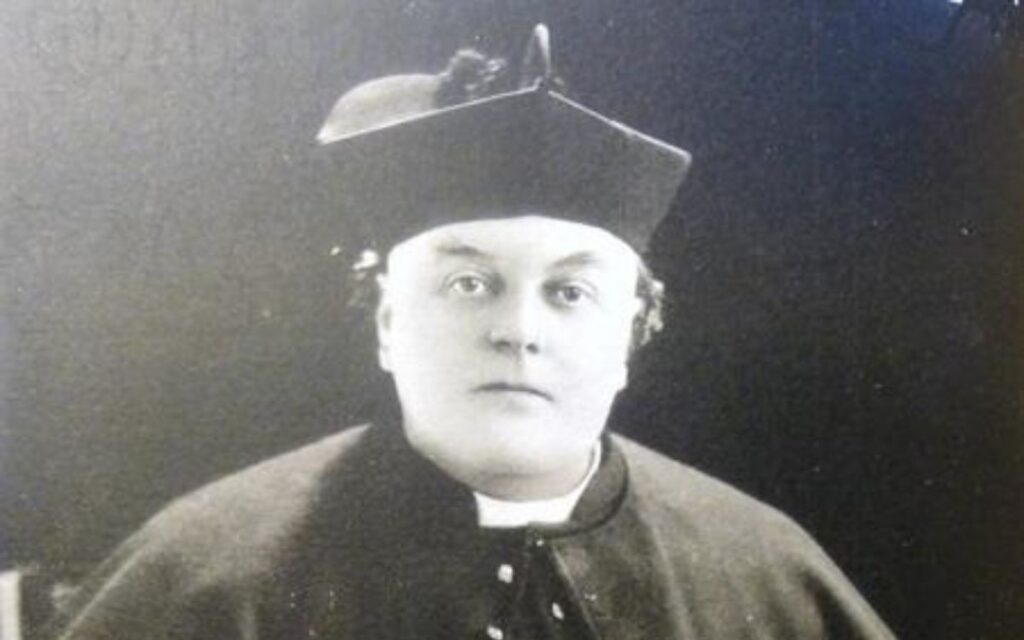
10 Things You Didn’t Know About Montague Summers
- Summers was born in Bristol in 1880 and educated at Clifton College and Trinity College, Oxford. He initially intended to become a priest in the Church of England and studied theology at Oxford and Lichfield Theological College. He was ordained as an Anglican deacon in 1908 but later converted to Roman Catholicism.
- Summers’ interest in the occult is said to have been influenced by the works of the French writer Joris-Karl Huysmans, particularly the novel Là-bas (1891), which includes an account of a Black Mass. Summers later claimed to have attended Black Masses in various locations and even conducted such ceremonies himself.
- Summers’ claims about attending Black Masses and conducting such ceremonies himself have been called into question by some scholars. It is difficult to verify his claims, and some have suggested that he may have exaggerated or fabricated them to enhance his reputation.
- Summers became known for his scholarly work on witchcraft, vampires, and werewolves. His most famous work, History of Witchcraft and Demonology, was published in 1926 and explores the history of witchcraft and the belief in demons from ancient times to the 19th century.
- Summers also published a modern English translation of the Malleus Maleficarum, a 15th-century witch hunter’s manual. He claimed that the translation was intended to reveal the absurdity and cruelty of the manual’s ideas and methods.
- Montague Summers’ interest in the occult was not limited to academic study. He was said to have a collection of objects related to the occult, including an altar in his home and a large number of books on the subject. He was also known for his eccentric personality and habits, such as wearing a cape and carrying a rosary.
- Summers’ interest in the occult and controversial reputation have made him a figure of interest in modern pop culture occultism. He has been called “arguably the most seminal 20th century purveyor of pop culture occultism.”
- Summers’ interest in the occult was not universally accepted or approved of during his lifetime. He was tried and acquitted of accusations of sexual impropriety with young boys, and there were rumours of his interest in Satanism and the occult. Some Catholic bishops were reportedly uneasy about his status as a self-styled Catholic priest.
- His interest in the occult was not just a personal hobby but also a subject of serious academic study. His work on witchcraft and demonology was well-regarded by some scholars, and he was elected to the Royal Society of Literature in 1916 for his scholarly work on the English drama of the 17th century.
- Montague Summers’ legacy as a scholar of the occult has been mixed. Some have praised his contributions to the study of witchcraft and demonology, while others have criticised his sensationalism and tendency to believe in supernatural phenomena without sufficient evidence. However, his interest in the occult has continued to inspire fascination and curiosity among scholars and enthusiasts of the paranormal.
Tell us your thoughts on Montague Summers in the comments below!

